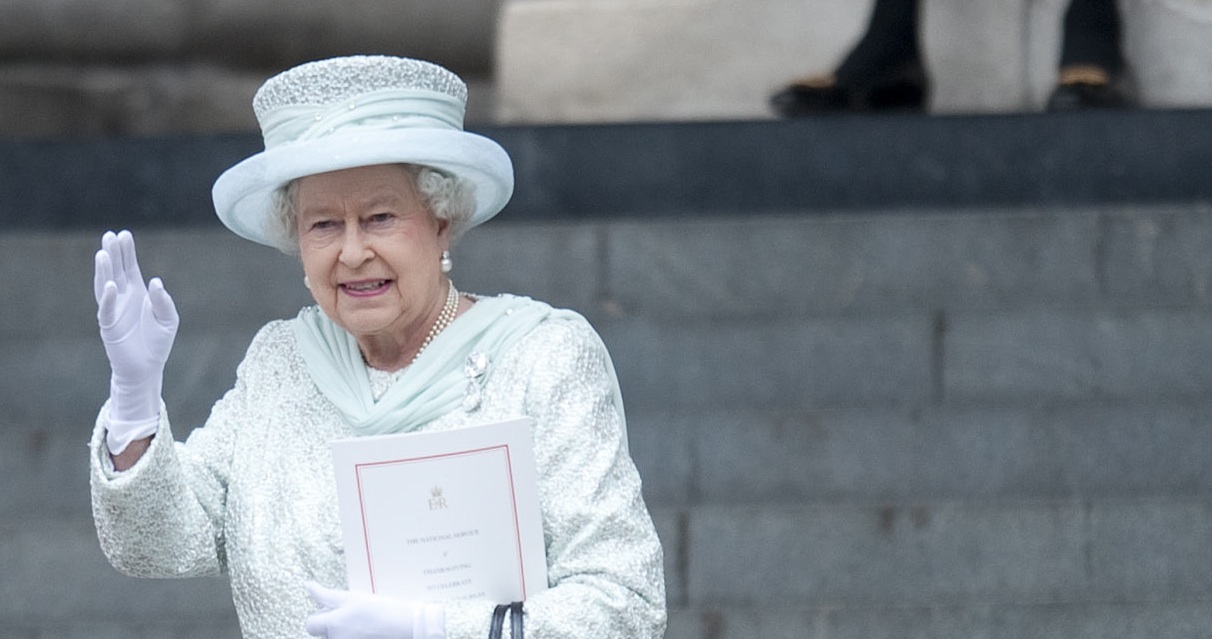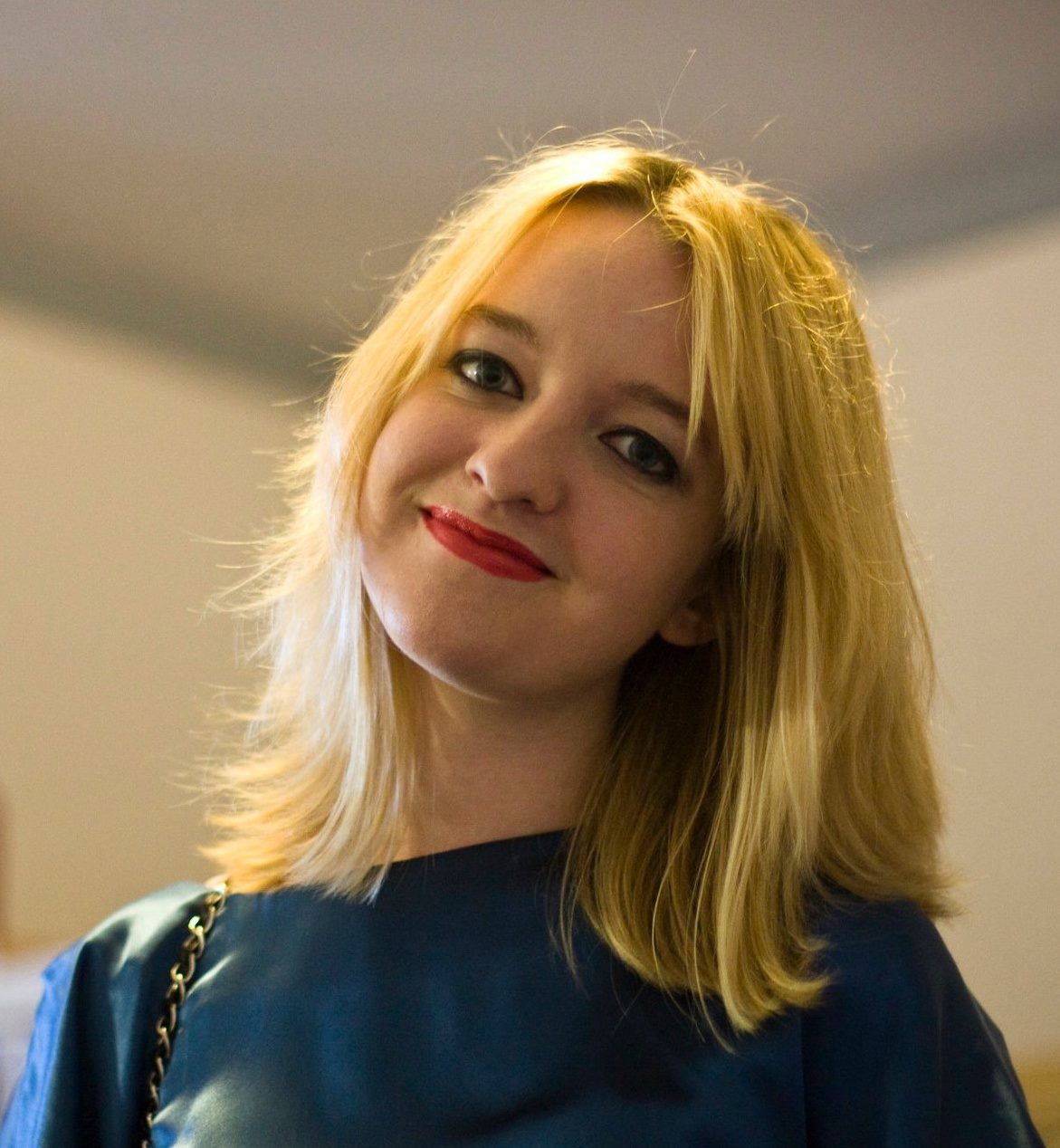Today is Her Majesty Queen Elizabeth II’s 90th birthday. People across the world are uniting to congratulate the Queen on this special day. We at RightsInfo wanted to join in the celebrations by taking a look at all of the great things the Queen has done, and continues to do, for human rights.
Human rights at the centre of the Commonwealth
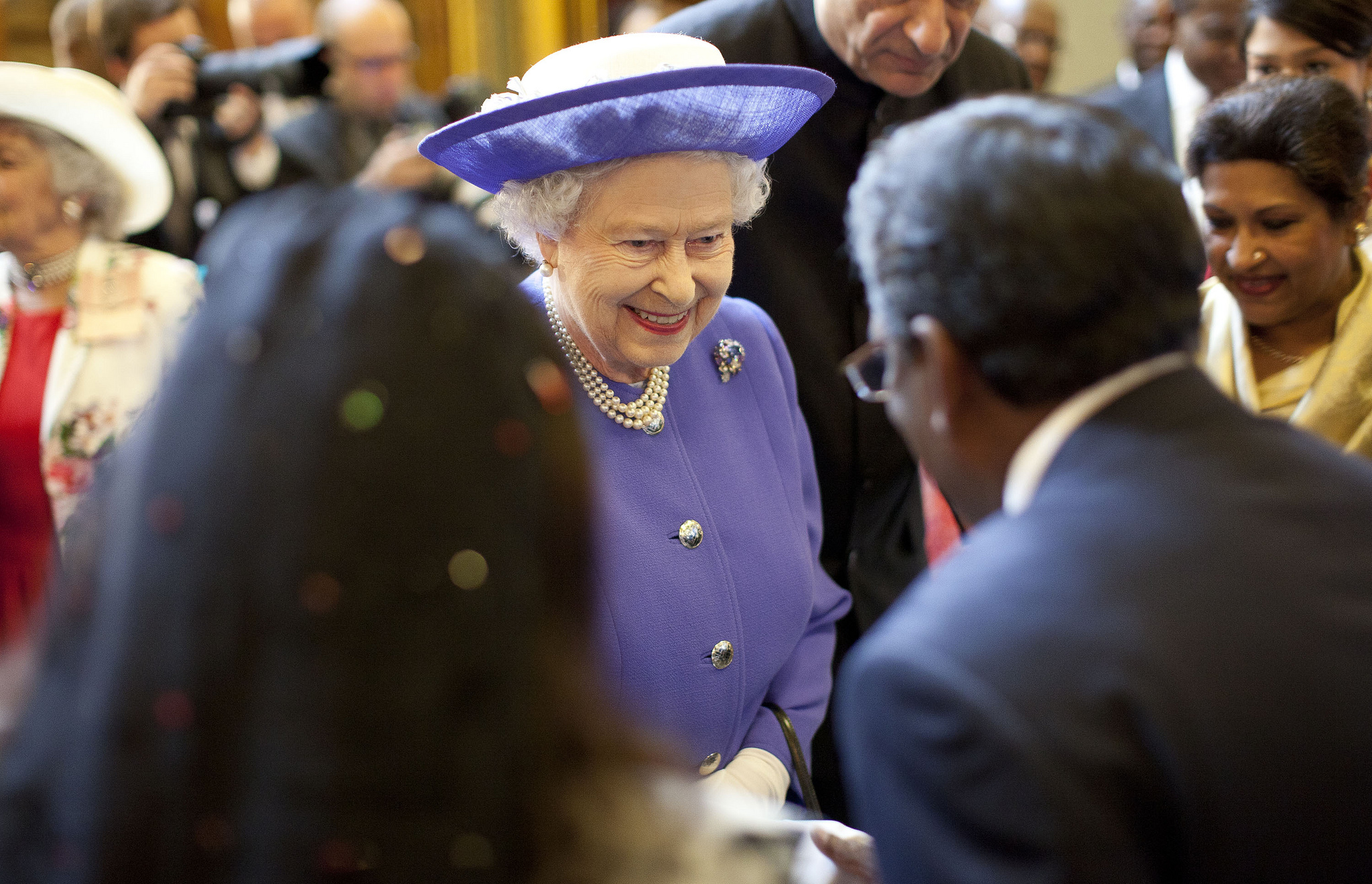
Queen Elizabeth demonstrates the UK’s commitment to democracy, human rights and the rule of law (that is, the idea that laws should govern what we do) through her role as Head of the Commonwealth.
The Commonwealth is an organisation of 53 independent states. The Queen has stated that the Commonwealth is united by “our shared values of peace, democracy, development, justice and human rights”.
The Queen signed the Commonwealth Charter in 2013. The Charter explicitly promotes freedom of expression, gender equality and the importance of young people – all values which have human rights at their heart. The Charter states:
We are committed to equality and respect for the protection and promotion of… rights… We note that these rights are universal, indivisible, and interrelated and cannot be implemented selectively…
The Queen has played a unique part as a symbol of unity and strength at the heart of the #Commonwealth https://t.co/kLiw0WNq9Z
— BritishMonarchy (@BritishMonarchy) March 14, 2016
A patron of charities promoting human rights aims
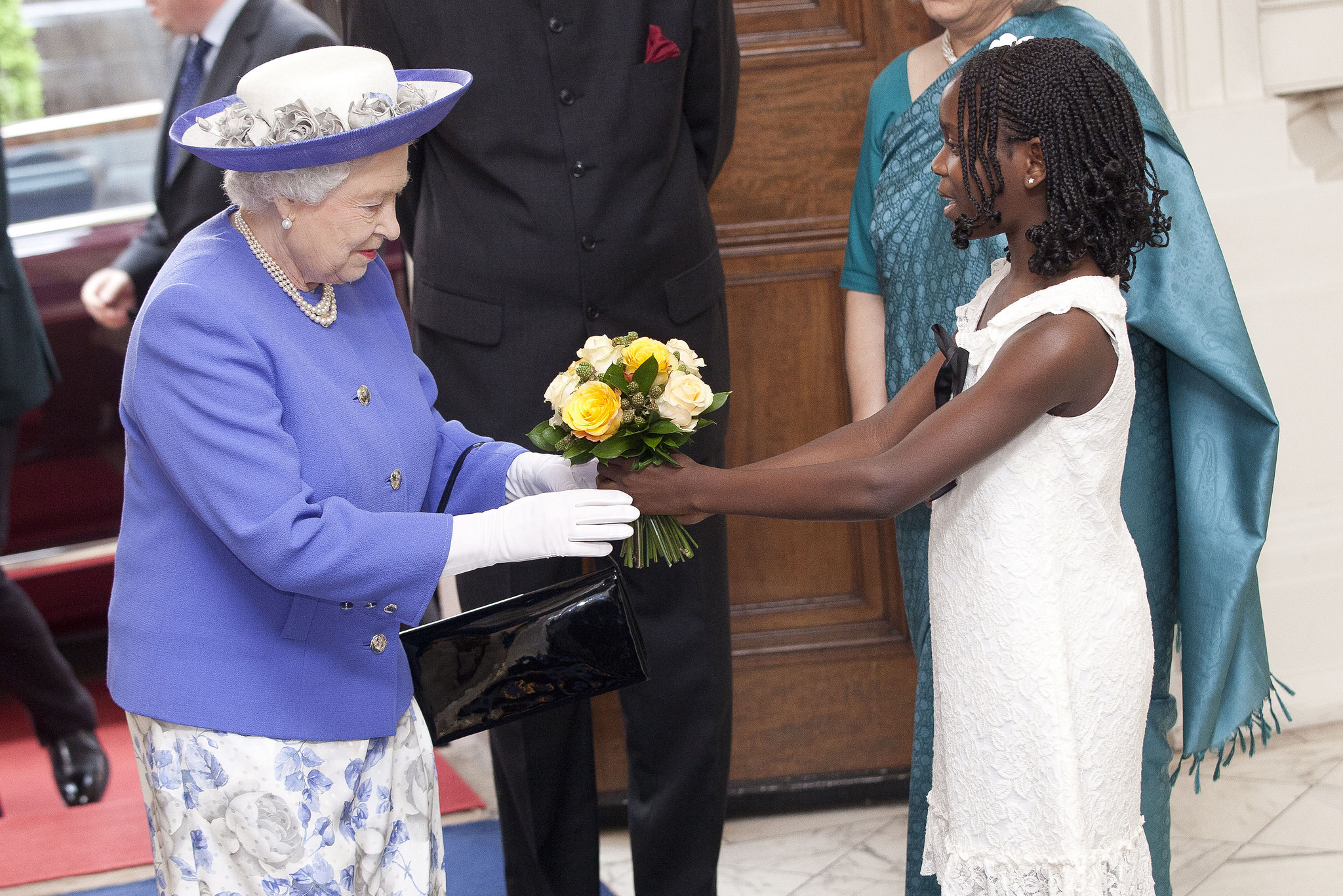
The Queen is a patron of many organisations which aim to achieve the same ideals as human rights. The Queen supports charities promoting health – such as the British Red Cross Society; charities supporting elderly and retired people – such as Friends Of The Elderly; and charities protecting children – such as Action For Children.
Human rights have been vital in promoting health, supporting elderly people and protecting children and families. Because of human rights, medical patients can determine what is in their best interests; people in private care homes are protected against abuse; and children are protected against violence from their parents, teachers and other people.
Responding to the horrors of war
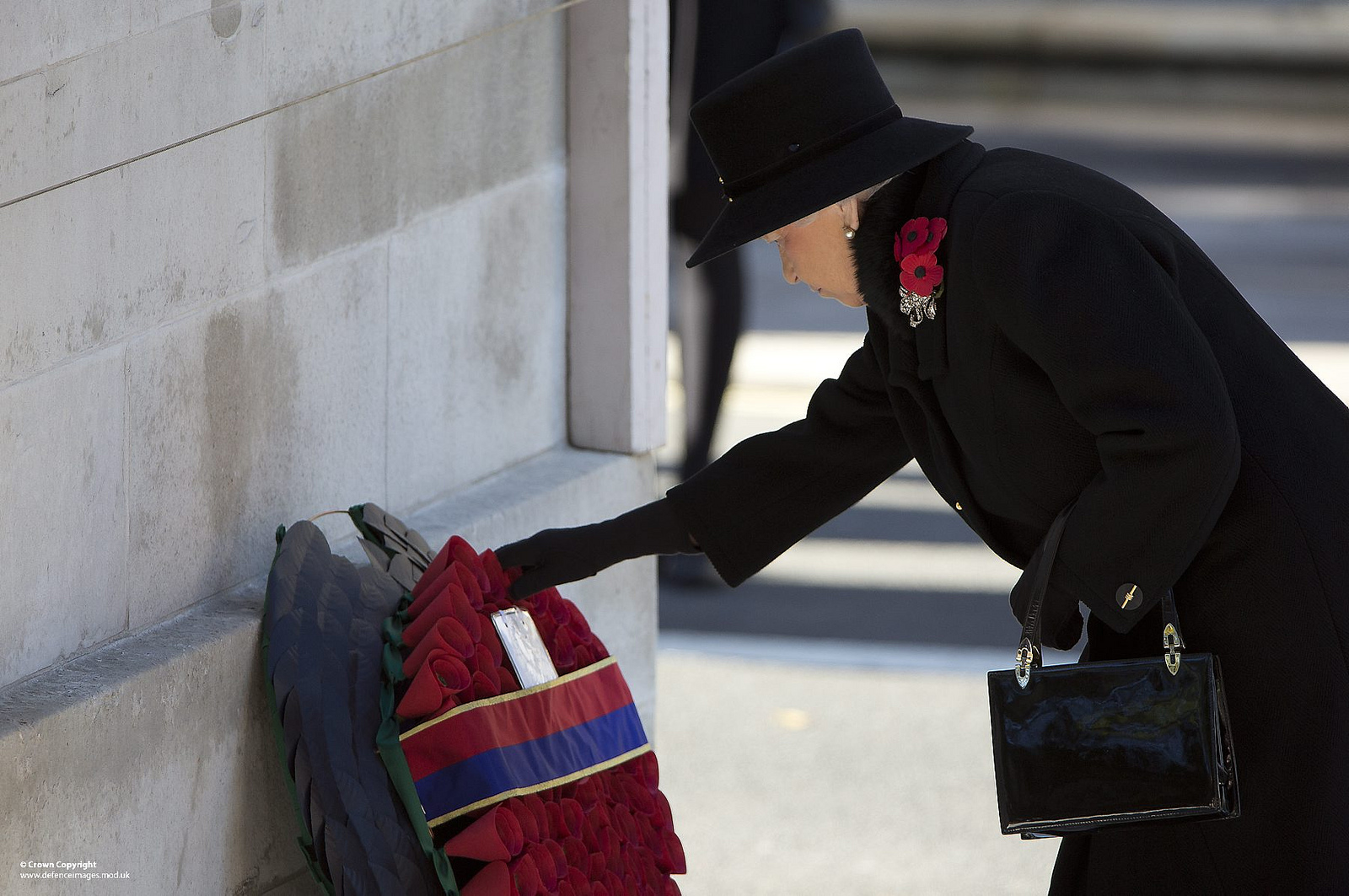
The Queen saw the UK through times of great upheaval, when the guarantee of our human rights was precarious and protections were hard won.
During World War II, Queen Elizabeth, then an 18-year-old Princess, trained in London as a mechanic and military truck driver. She is the only female member of the royal family to have entered the armed forces and the only living head of state who served in World War II.
After the War ended, the United Nations General Assembly in 1948 adopted the Universal Declaration of Human Rights, partly in response to the atrocities committed during World War II. Human rights were recognised as essential, after the “danger and sadness” of war (to quote Princess Elizabeth), to bring freedom, justice and peace to the world.
Supporting the United Nations
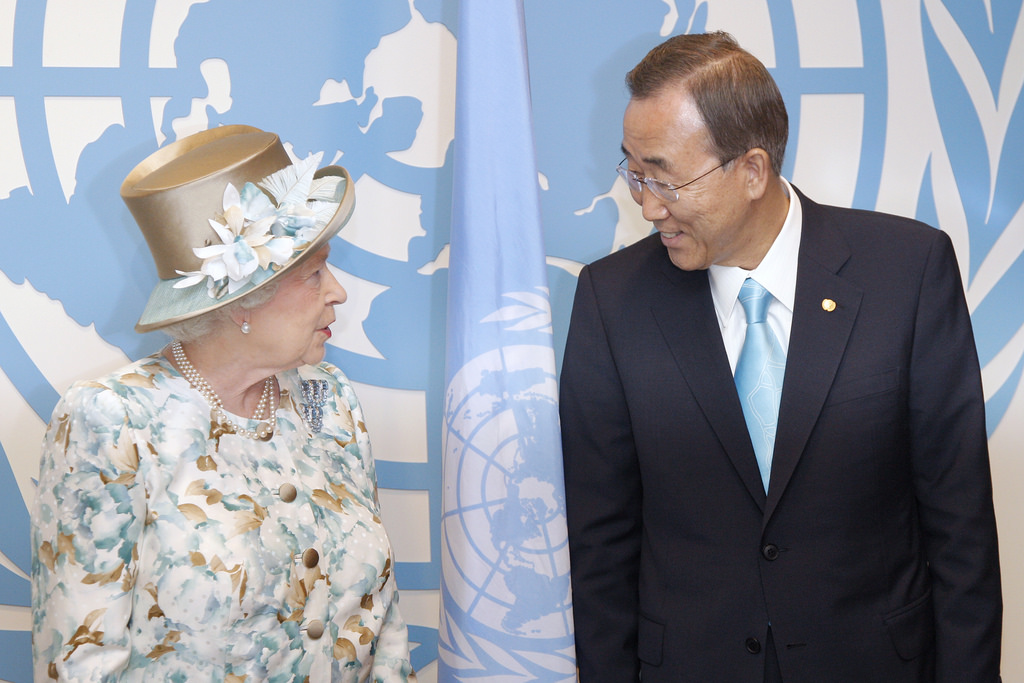
The Queen has praised the United Nations for its many achievements. The United Nations works to reduce conflict around the world. It offers humanitarian assistance to millions of people affected by natural disasters and other emergencies. It is very active in the fight to combat global poverty.
In a speech delivered at the United Nations on 6 July 2010, Queen Elizabeth said:
I have witnessed great change… But many important things have not changed… the aims and values which inspire the United Nations Charter endure: to promote international peace, security and justice; to relieve and remove the blight of hunger, poverty and disease; and to protect the rights and liberties of every citizen.
On behalf of all of us at RightsInfo, we would like to wish Her Majesty Queen Elizabeth a very happy birthday and to thank her for being a supporter of human rights.
Share this post if you too support human rights.
Sign up to join the RightsInfo community for the latest human rights news, views and information.
Read more about what human rights do for all of us here.

